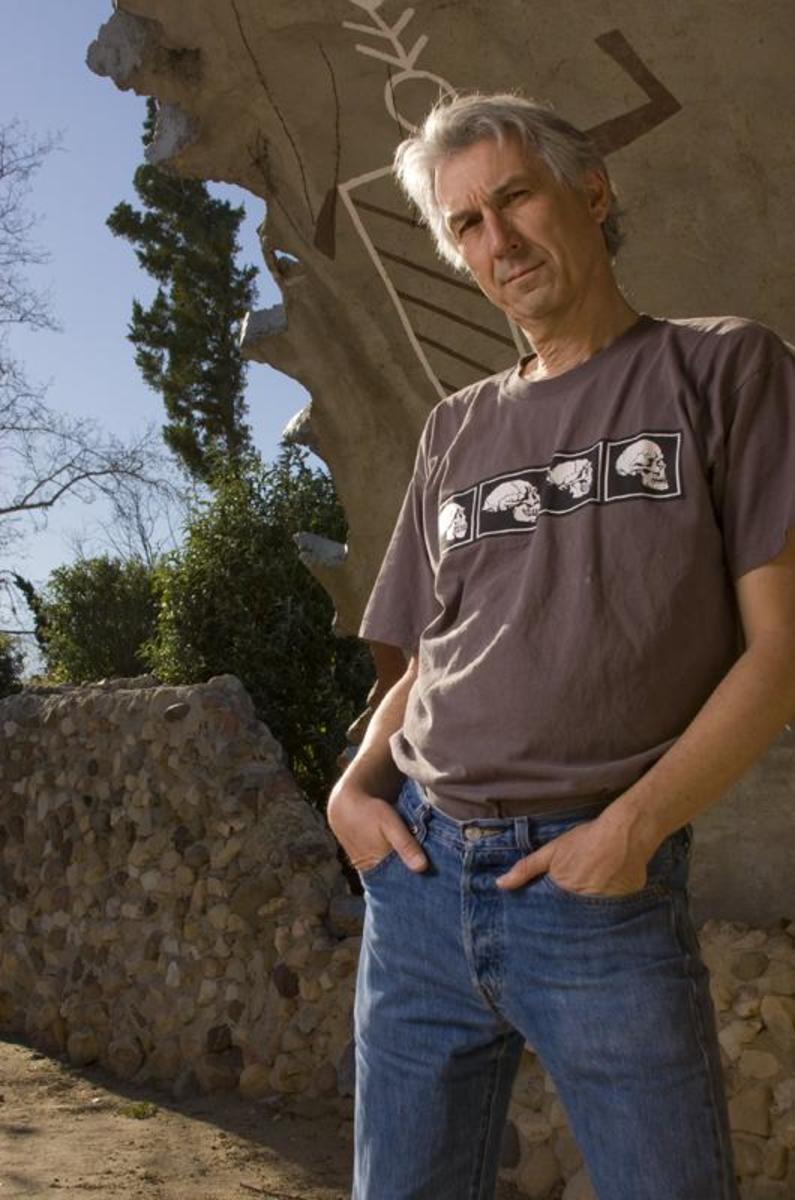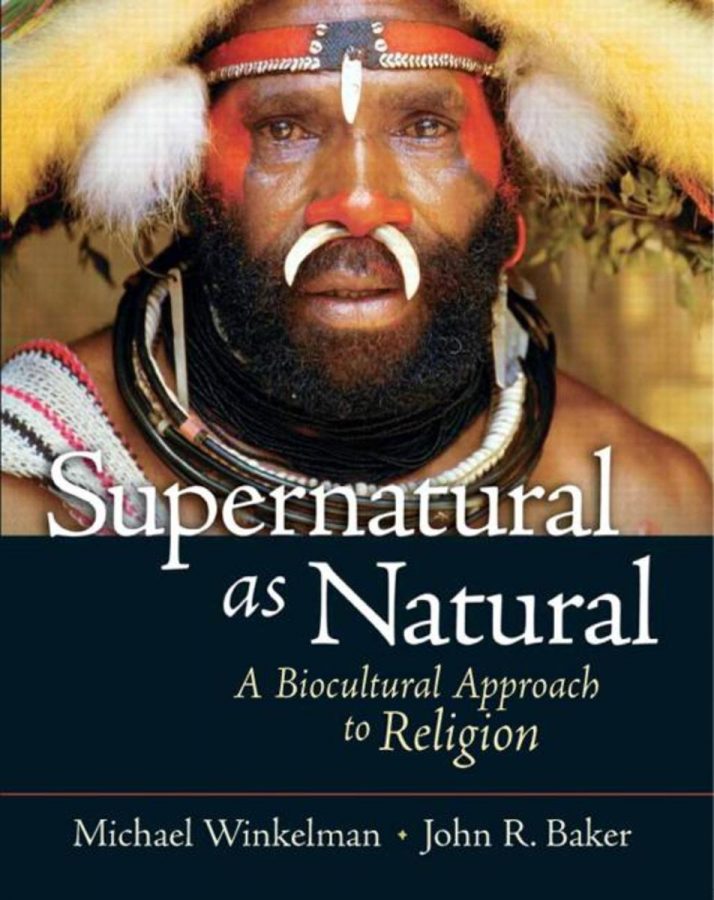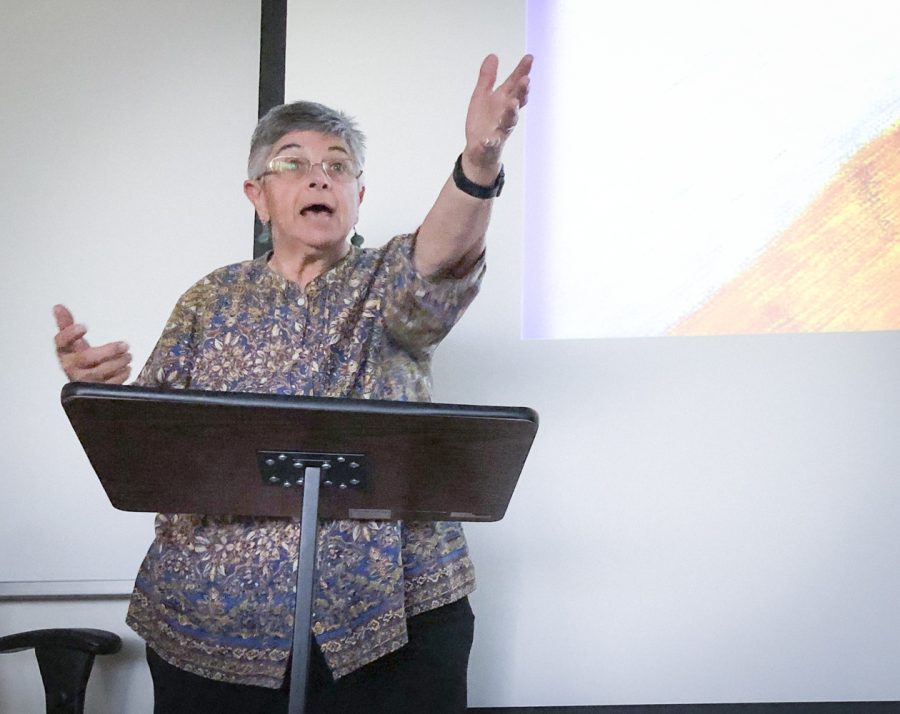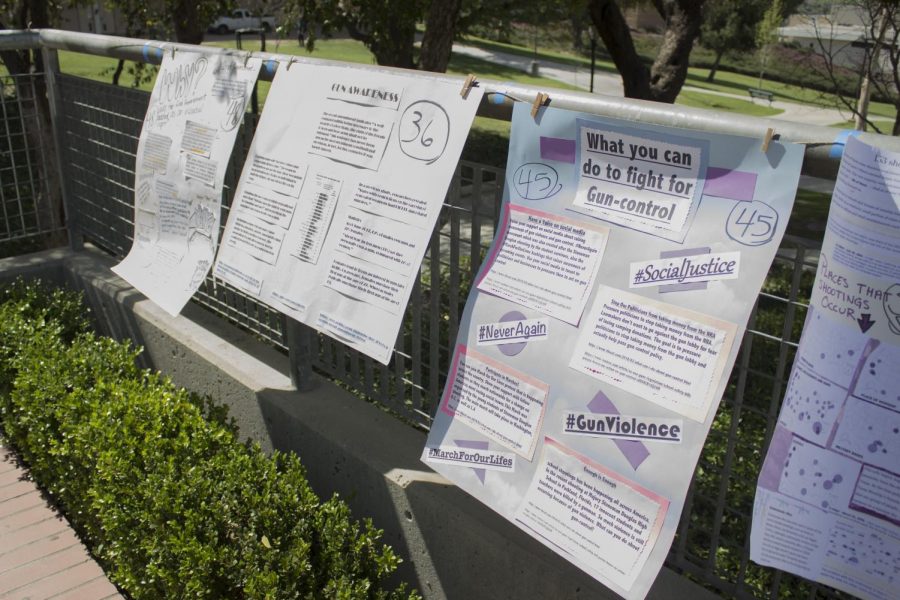For about as long as Anthropology Professor John Baker has taught at Moorpark College, he has lent his knowledge and experience to his Magic, Witchcraft and Religion class.
This semester, Prentice Hall published Baker’s textbook on the subject entitled “Supernatural as Natural: A Biocultural Approach to Religion.”
Although the book is intended for his anthropology class, Baker believes that the text could find its place in many disciplines, including Religious Studies.
“It’s got relevance for psychology, the healing professions, sociology, and biology,” he said. “We tried to present the state of the art with regard to how anthropology and biology go into religion.”
The book’s preface begins to relate the idea that religion evolved in humans through natural selection, just as humans’ physical traits came to exist.
“Religiosity is a product not merely of our cultural traditions, but also of our biological evolution,” writes Baker with co-writer and Arizona State University Professor of Anthropology Michael Winkelman.
Baker began teaching Magic, Witchcraft and Religion in 1991, when he realized there was no textbook fitting of the subject. He carried the idea of writing a book for years until he and Michael Winkelman began working on it in 2003.
“We signed the contract the year we invaded Iraq,” Baker said.
Before “Supernatural as Natural” made print, students used a draft version of the text for two to three years. For this, Baker dedicated the book to all past, present and future students.
Baker explained that since the subject is so broad, much of the research was done through literature, conferences and travels abroad. Winkelman has spent time in Mexico and Brazil, while Baker has traveled through Asia and Europe.
“If we see people doing religious ceremonies, we are very attracted to it,” Baker said.
Baker hopes “Supernatural as Natural” will not only serve students well in the classroom, but also in life.
“The primary purpose is to fulfill this academic need,” he said. “The way I teach the class is not to just look at other cultures, but look at our own.”

Anthropology Professor John Baker of Moorpark College has had his textbook for his “Magic, Witchcraft, and Religion” class published by Prentice Hall this Spring (Jonathan Castillo)






